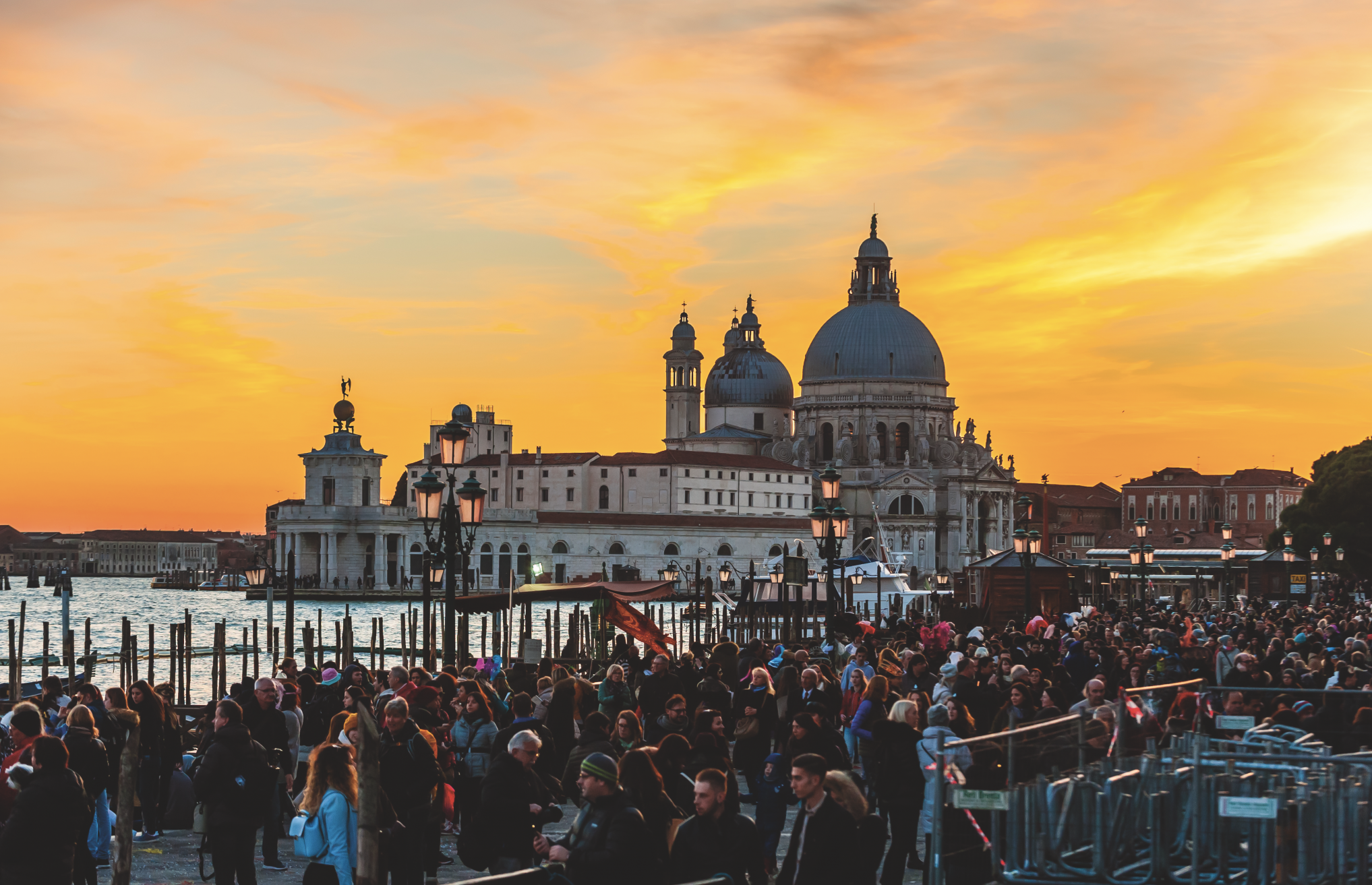“Finding myself in India,” wrote the social media influencer Jack Morris on an Instagram post in March, captioning a photo of himself in a mock meditation posture and topping it off with an ironic laughing-crying emoji. Morris’s account, which is called “Doyoutravel,” is replete with beaches, beautiful people and a smattering of motorcycles. But like most other popular travel Instagram accounts, there’s not a lot of substance. He appears to sail through his destinations without taking the time to settle into them.
It would be easy to ignore the vapidity of Morris’s Instagram persona if it weren’t for the fact that accounts like his are the aspirational drivers of a gigantic industry that has worldwide reach and consequences. For Morris’s 2.7 million Instagram followers, “Doyoutravel” is not so much a question as it is an imperative.
https://www.instagram.com/p/Bu58gB0hYtw/
Tourism is big business, and it’s getting bigger. According to Oxford Economics and TripAdvisor, the leisure travel industry was worth US$3.9 trillion in 2017, a number that is growing quickly — at least in part because of the influence of social media.
More on Broadview: What I learned when I stopped chasing ‘likes’
While some countries and their businesses may welcome tourism’s economic returns, all this travel comes with other costs, not the least of which is the industry’s carbon footprint. A study published in Nature in 2018 found that tourism accounts for eight percent of worldwide carbon emissions.
Destinations themselves are suffering, too. Cities like Venice, Italy, are desperate for relief from the onslaught of noisy, clueless visitors. Local Mexicans are fenced off from their most spectacular Yucatán beaches. And Old Town in Dubrovnik, Croatia, which was until recently inhabited by locals, has been converted almost entirely to short-term tourist housing.
As for us tourists, we don’t gain much from the industry either. Our uncritical elevation of travel as a lifestyle pursuit is hurting our own sense of who we are and how we can grow.
“Your story starts HERE,” shouts a print ad for Arizona. “It starts with a Red Rock sunrise.” I don’t know about you, but my story starts at home, where I can contribute something meaningful rather than simply consuming.
In advertising, in media and, yes, on Instagram, travel is presented as an irreplaceable method of defining oneself and improving through experience and, in some cases, simply through gross mileage or pins on a map. The travel industry is selling our own agency back to us, and whether it’s by helicopter or foot, just seeing things has become an end in itself, unassailable as part of a life well-lived.
But mass tourism as a leisure activity is a relatively recent phenomenon. In Western culture, it appeared only in the mid-19th century with the advent of the railway. Within two generations, cruise ships and planes added new ways to reach exotic destinations, and the idea calcified: tourism is a rite of passage, a means of self-actualization and a worthy pursuit in and of itself.
Now, knowing the damage tourists do — on a global and local scale — it’s becoming increasingly hard to justify whatever questionable personal benefits one can only acquire between airport arrivals and departures lounges. With all due respect to spectacular Arizona, seeing the sunrise at Red Rock won’t automatically begin your story anew — if it needed a reboot to begin with. Whether you’re looking to get lost or to find yourself, you can always do so closer to home.
This story first appeared in Broadview‘s December 2019 issue with the title “In our own backyards.”
Broadview is an award-winning progressive Christian magazine, featuring stories about spirituality, justice and ethical living. For more of our content, subscribe to the magazine today.
















Thanks for article the travel industry. It reflects the conclusions I have come to regarding most travel and tourism. We have taken to heart the call to less travel more locally. Our backyard forest is our new favourite destination.
This article, like most that tell us how to be more environmentally friendly, is addressed to those who can afford to choose otherwise. There are people in this world, (probably near you) who have never been on a plane in their lives, and would be thrilled at the chance to go to some of the places you mention. If someone has a once-in-lifetime opportunity to take such a trip, no one has the right to tell them not to.
When my parents came to Canada, it took them 12 years to save up the money for a trip home so I could meet my grandmother. Remember, when you lecture, those who are already environmentally-friendly, because they have no choice but to re-use, recycle, and take public transit.
Great message. Travel seems to have become another prestige symbol for some in our world cluttered with them.
Reading the article and comments, I would say what are you traveling for? I always appreciate the beauty of the Rocky Mountains, or the Azores. Carbon footprint? If I travel to see the Sistine Chapel once in my life, do I have the same environmental impact as those who travel to the cottage every week?
I agree, some travel just to show their wealth, or bragging rights. Why would one travel to India to see a Guru, or to across North America to see the worlds biggest …..?
But if God has blessed you with the necessary funds to appreciate His handiwork, or a well deserved Sabbatical, who are those that criticize how you do so?